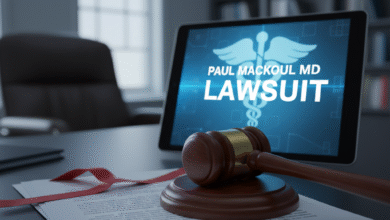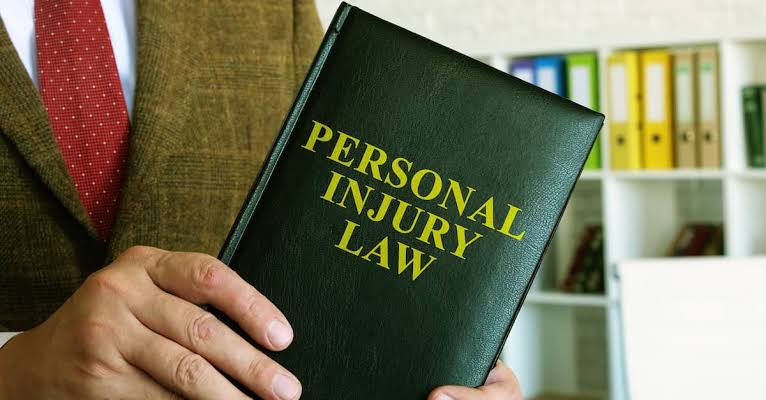Navigating Asset Protection During Bankruptcy in Tampa, FL

When facing bankruptcy, one of the primary concerns is how it will affect their assets. Understanding what happens to these assets during bankruptcy is crucial, whether it’s your home, vehicle, or other personal property. The process can be complex, but with the guidance of a skilled bankruptcy attorney in Tampa, FL, you can navigate these challenges more effectively. Let’s explore the impact of bankruptcy on various types of assets and what you can expect if you find yourself in this situation.
Understanding Bankruptcy Types: Chapter 7 vs. Chapter 13
Before diving into the specifics of asset treatment during bankruptcy, it’s important to understand the difference between Chapter 7 and Chapter 13 bankruptcy.
Chapter 7 Bankruptcy: Often referred to as “liquidation bankruptcy,” Chapter 7 involves the sale of a debtor’s non-exempt assets to pay off creditors. However, many personal properties are exempt, meaning you can keep them.
Chapter 13 Bankruptcy: Known as “reorganization bankruptcy,” Chapter 13 allows individuals to keep their assets while restructuring their debts into a repayment plan over three to five years.
The type of bankruptcy you file will significantly impact how your assets are handled.
Personal Property
Personal property includes items like furniture, electronics, clothing, and jewelry. In a Chapter 7 bankruptcy, some items might be sold to pay off debts, but many are protected by exemptions. Florida law offers generous exemptions for personal property, allowing you to retain up to $1,000 worth of personal items or $4,000 if you don’t claim a homestead exemption. In Chapter 13, you can keep your personal property if you adhere to the repayment plan.
Homes
Your home is likely one of your most valuable assets; understandably, you’re concerned about what happens to it during bankruptcy. Florida’s homestead exemption is one of the most generous in the country, allowing you to protect the full value of your primary residence if it sits on a half-acre or less in a municipality or 160 acres or less elsewhere.
Chapter 7 Bankruptcy: If you qualify for the homestead exemption, your home is protected from creditors. However, the trustee might sell the property to pay off debts if you have significant equity in the house that exceeds the exemption limits.
Chapter 13 Bankruptcy: You can keep your home if you continue to make mortgage payments under the restructured payment plan. The homestead exemption still applies, offering further protection.
Vehicles
Vehicles, like homes, are essential assets for most people. In Florida, you can exempt up to $1,000 of equity in a motor vehicle or $2,000 for a married couple filing jointly.
Chapter 7 Bankruptcy: If your vehicle’s equity is within the exemption limit, you can keep it. However, the trustee may sell the vehicle to pay creditors if your equity exceeds the limit. Sometimes, you can pay the trustee the non-exempt portion and keep the vehicle.
Chapter 13 Bankruptcy: You can keep your vehicle if you include it in your repayment plan and continue making payments.
Retirement Accounts and Other Financial Assets
Retirement accounts, such as 401(k)s and IRAs, are generally protected in bankruptcy under federal law. This means these funds remain intact, allowing you to preserve your retirement savings. Other financial assets, like stocks, bonds, and savings accounts, might be more vulnerable, but exemptions and the type of bankruptcy filed will dictate the outcome.
Chapter 7 Bankruptcy: Most retirement accounts are fully exempt, while other financial assets may be subject to liquidation if they are not protected by exemptions.
Chapter 13 Bankruptcy: As with other assets, your retirement accounts are safe, and other financial assets will be factored into your repayment plan.
Luxury Items and Non-Essential Assets
Luxury items, such as high-end electronics, art, or collectibles, are less likely to be protected by exemptions and may be subject to liquidation in a Chapter 7 bankruptcy. In Chapter 13, you may keep these items as long as they are included in your repayment plan.
Consult a Bankruptcy Attorney
Navigating the complexities of bankruptcy can be overwhelming, especially when understanding how your assets will be affected. Consulting with an experienced bankruptcy attorney in Tampa, FL, can give you the guidance and support you need to protect your assets and make informed decisions.
An attorney can help you determine which type of bankruptcy best suits your situation, ensure that your property is protected to the fullest extent, and confidently guide you through the entire process. Don’t face bankruptcy alone—reach out to a knowledgeable professional who can help you secure a fresh start while safeguarding your valuable assets.



